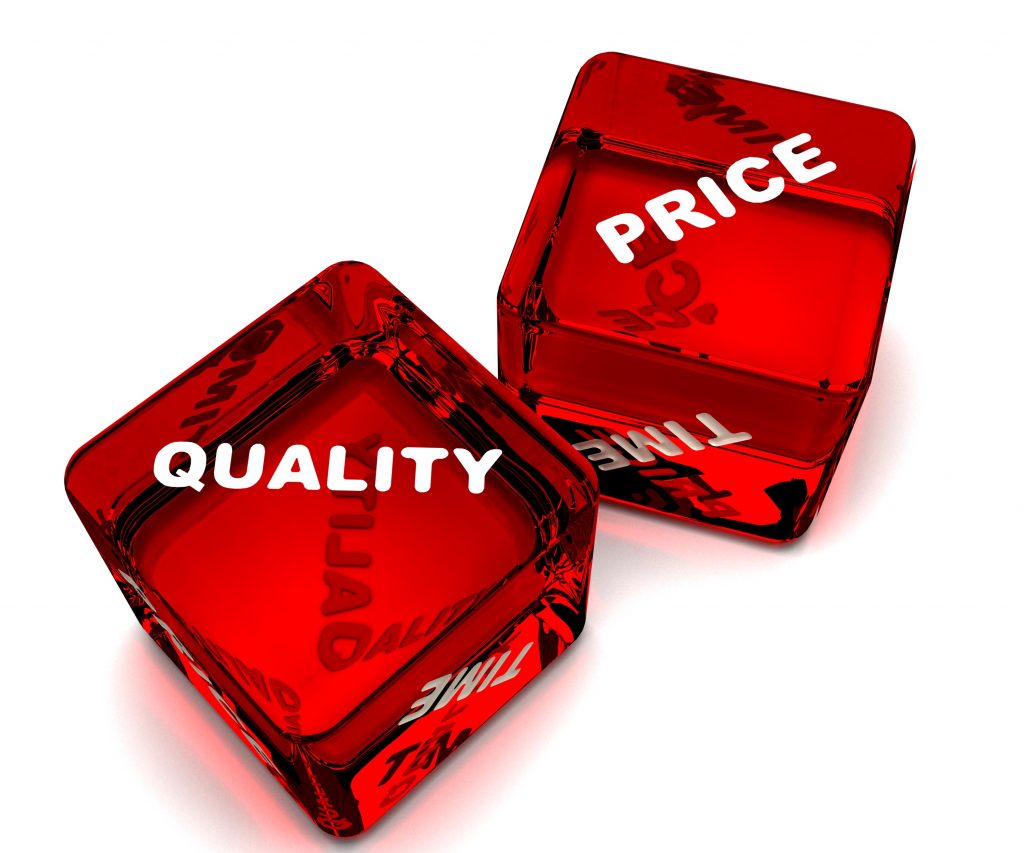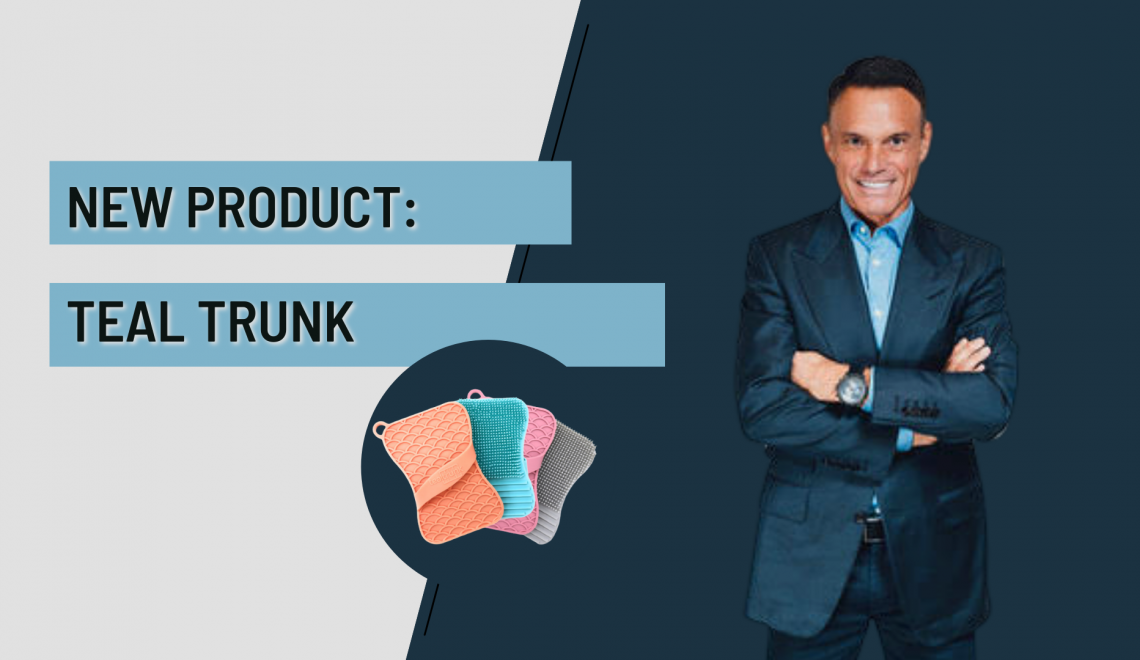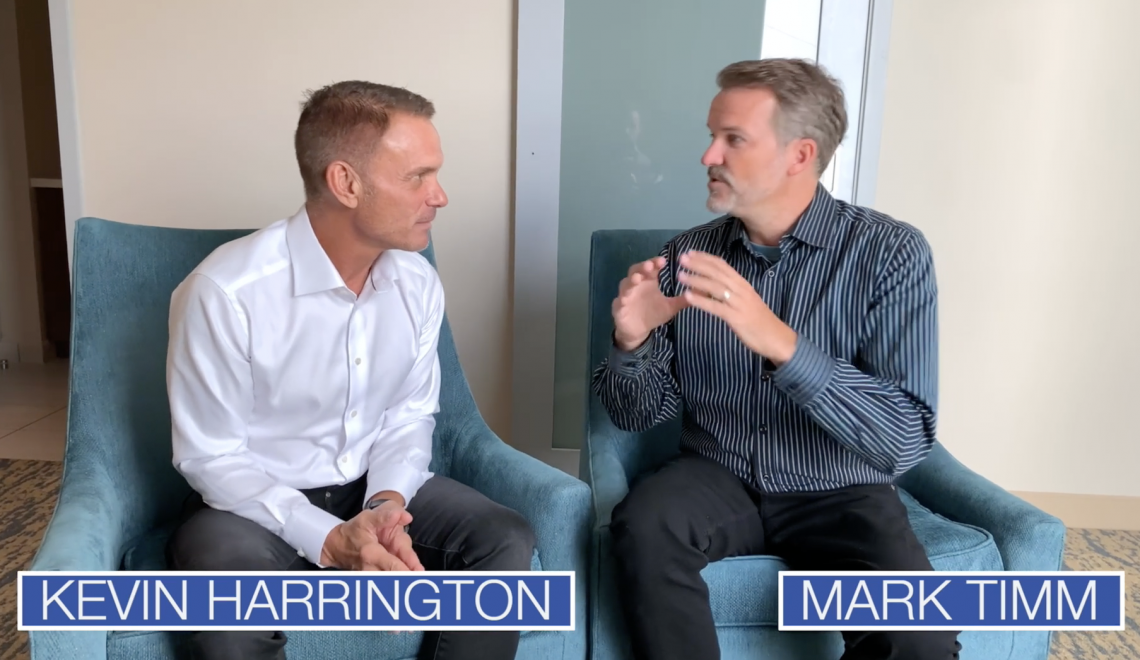
New products flood the market daily. Global entrepreneurs are rolling out new ideas and products faster than ever.
Did you know that with all the millions of dollars spent yearly developing and launching new products, that on average only one in ten will prove successful?
As the inventor of the infomercial, I’ve had a higher success average than most, but there are no sure things. And even fewer will enjoy a long shelf life.
That’s the cold reality, but you can greatly enhance your chances for business success if you can answer yes to ten specific questions.
If not, you could sink tens of thousands, if not millions, into a venture that goes belly-up. You could invest a good chunk of your life into building a business around a product that goes nowhere.
You’ll wind up bankrupt, frustrated, and wish someone had given you the right questions to ask. Well, here you go.
I have helped launch more than 500 products (with well over $5 billion in sales), but I’ve also suffered a few clunkers along the way. The good news is that every time I’ve failed, I’ve learned a lesson that I can teach you, so you won’t have to fail.
Here’s a proven checklist of questions I’ve developed over my forty years as an entrepreneur and investor.
The sizzle won’t last if it doesn’t stand up to this list, so ask yourself these ten questions before going public with your product or service.
1. “Is the product unique?”
You can’t roll out the “same-old, same-old” and expect your product to take off. Your product has to have a cool new look that will make the consumer sit up and take notice. Get creative and find a way to package your product so it makes a splash.
2. “Do enough people want it?”
It’s advantageous to target a micro-niche but there still has to be enough people who can afford to buy what you are selling. An easy first step is to conduct some surveys to see if people want what you have and if there’s enough potential customers to make it viable.
3. “Does it really solve a problem?”
If your product doesn’t solve a problem, you’ve got a potential problem of your own — consumers aren’t as likely to buy it.
We all like to imagine people buying something just because they like it, but in reality, people are more likely to buy things that solve problems. Make sure what you are selling solves a real problem that your customers face.
4. “Is there a powerful offer with a competitive price?”

The time-tested pitch– “But wait, there’s more!” — is a proven winner. The key is to provide exceptional value at the right price. In today’s world, people immediately check the Internet for the same product at a cheaper price.
Face the facts: If your product doesn’t stack up, you won’t make many sales.
5. “Can you easily explain how it works?”
There has to be an easy-to-understand explanation of how and why your product works. Get your elevator pitch ready. If it takes a college degree to understand the pitch, it’s too complicated. You may only grab people for a couple of seconds — so you have to tease, please and seize their imagination.
6. “Is there a magical transformation or demonstration?”
Before-and-after images or statistics– showing easily noticeable differences — are powerful marketing tools. Be sure you can show your customer just what outcome they can expect after using your product.
If they can’t envision the success it provides in their own lives they aren’t going to be interested.
7. “Is it multi-functional?”
Think like your competitor. If you come out with a product that has just one function, your competitor can steal your thunder — and your sales — with a similar product that offers more functions. Beat them to it and include the added function at the outset.
8. “Are there credible testimonials?”
An actual customer promo is ten times better than any actor portrayal. Real people offer real results. Get actual testimonials from people who’ve benefited from using your product.
But you should also seek out professional testimonials from industry associations, doctors and other experts in your industry to further build your product’s credibility.
9. “Are there independently proven results?”
Be prepared to backup your claims with unshakeable success stories or scientific studies, including third-party clinical studies or reviews from product-testing labs that support your claims.
Customers won’t just take your word for it and they’ll easily be able to find out the truth.
10. “Can you answer the questions the buyer is thinking?”
You must be prepared for any and all questions that could arise over your product. Put yourself in the shoes of consumers, and think of all the skeptical questions they could ask.
If you were going to spend your own money on the product, what reservations would you have? What would stop you from purchasing?
Find the answers to these objections and provide a solution if you want to become invaluable to your customer.
If you answered yes to all ten of these questions, you’ve got yourself a product that’s solid. There’s a good chance it won’t land on the trash heap like the nine out of ten that fail to catch on with consumers.
Need Money to Fund Your Dream?
I’ve created a cheat sheet to start multiplying your own sales success, immediately. If you follow this proven 3-step process, your sales will skyrocket.






